-

Amanda Emén
Norwegian University of Science and Technology
-

Barbara Waloszek
University of Stavanger
-
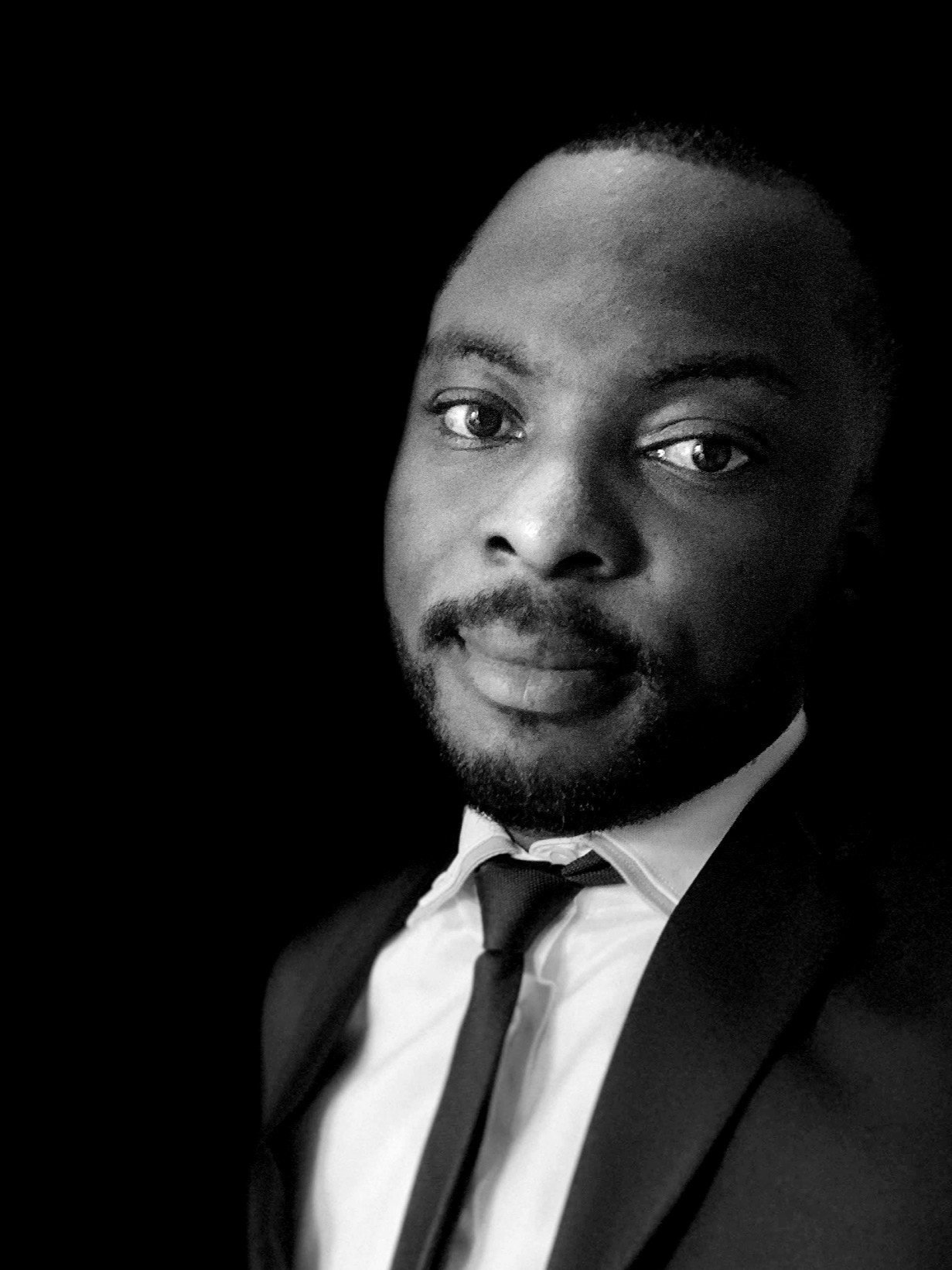
Bright Baffour Antwi
University of South-Eastern Norway
-
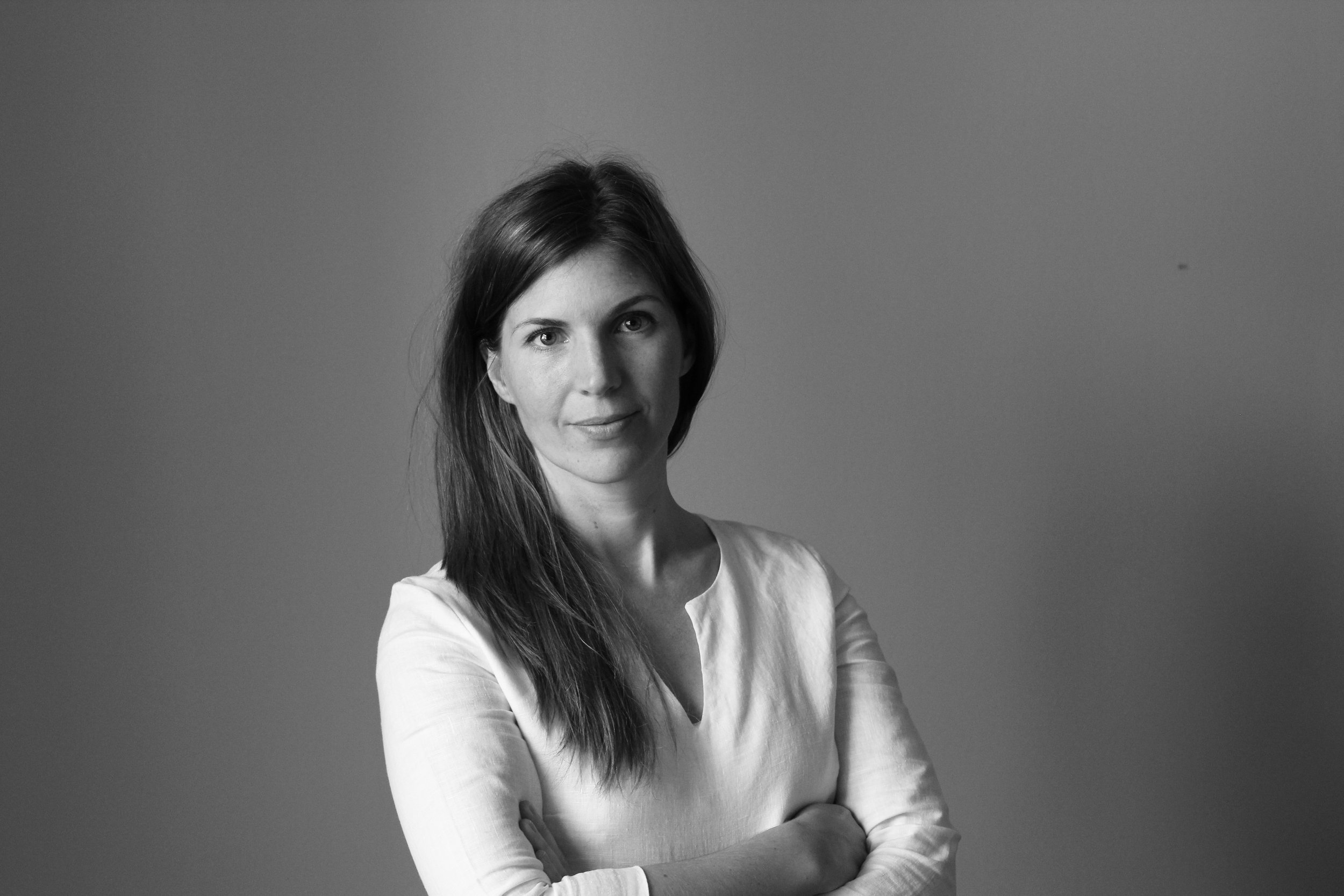
Catharina Sofie Rodenburg Drejer
Oslo Metropolitan University
-

Chantale Tippett
University of Oslo
-

Emilie Owens
University of Oslo
-

Erik Straume Bussesund
Oslo Metropolitan University
-

Gloria Ziglioli
University of Agder
-

Henriette Lauvhaug Nybakke
The Arctic University of Norway (UiT)
-

Ingeborg Spildo
Oslo Metropolitan University
-

Ingvild Hatlevoll
Norwegian University of Science and Technology
-

Jishnu Das
University of Agder
-

Kamilla Knutsen Steinnes
Oslo Metropolitan University
-
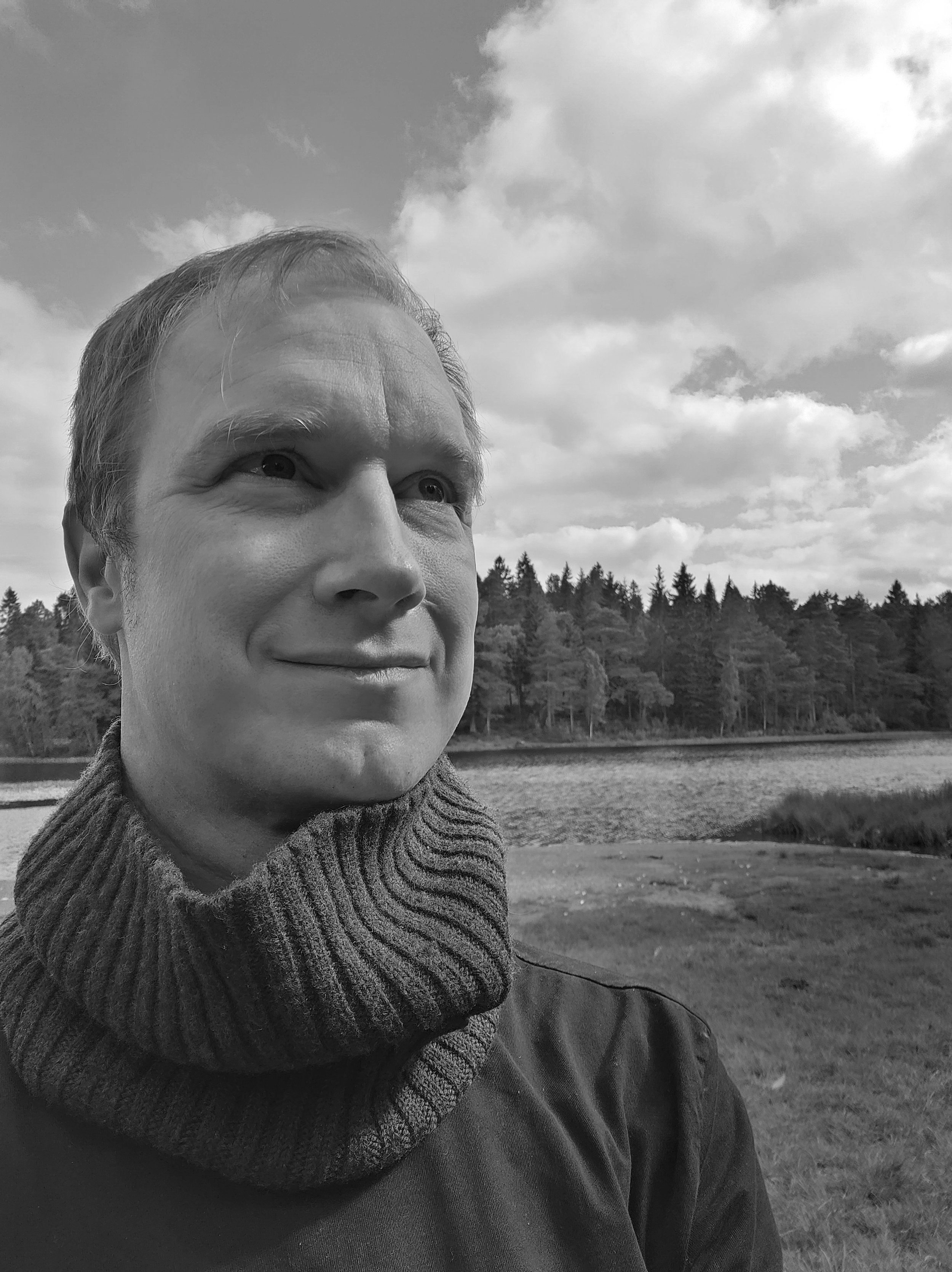
Kevin Hall
Norwegian University of Science and Technology
-

Margaret Ottesen
Norwegian University of Science and Technology
-
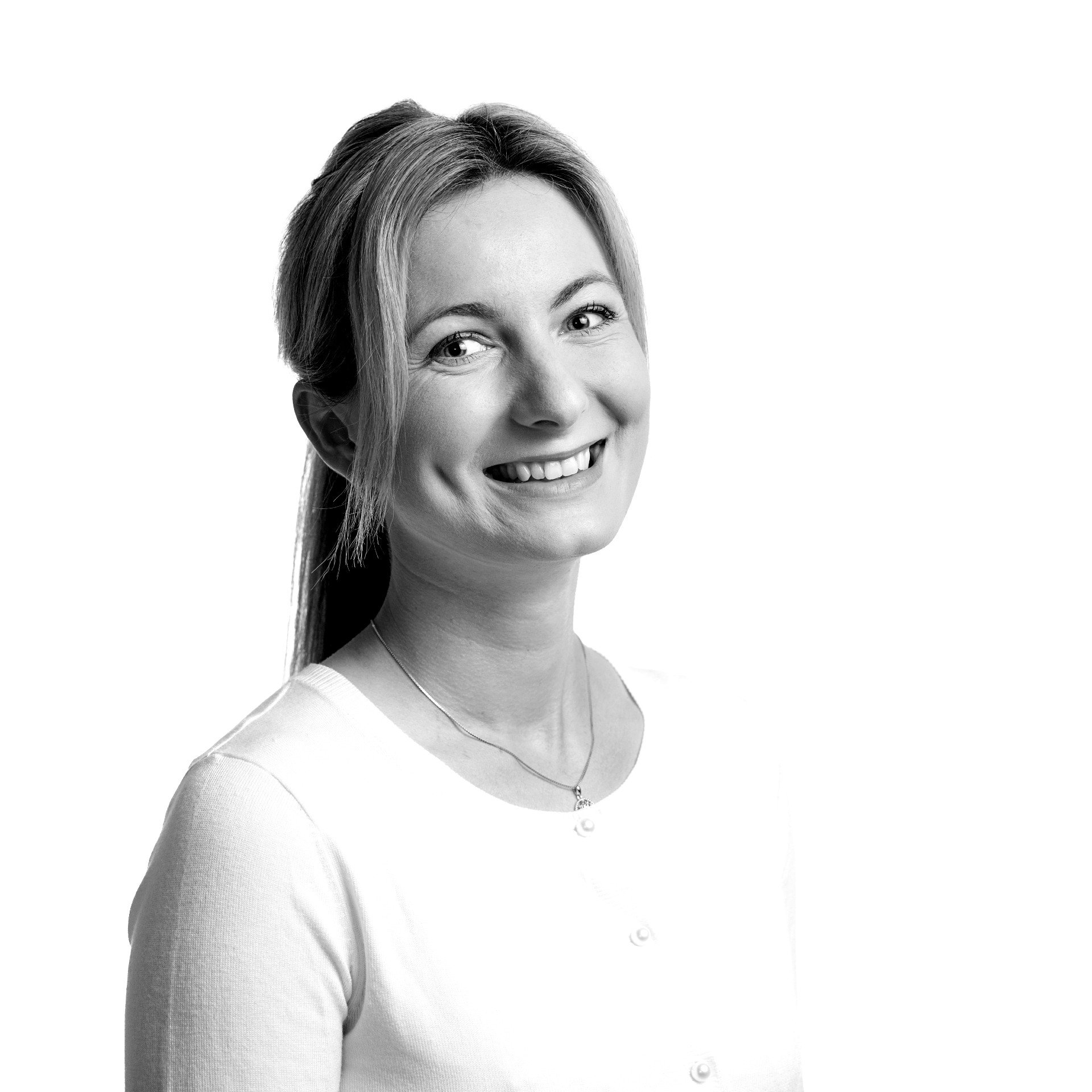
Martyna Onyszko
University of Stavanger
-

Maryam Haghshenas
Norwegian University of Science and Technology
-

Meseret Assefa Adamu
University of Agder
-
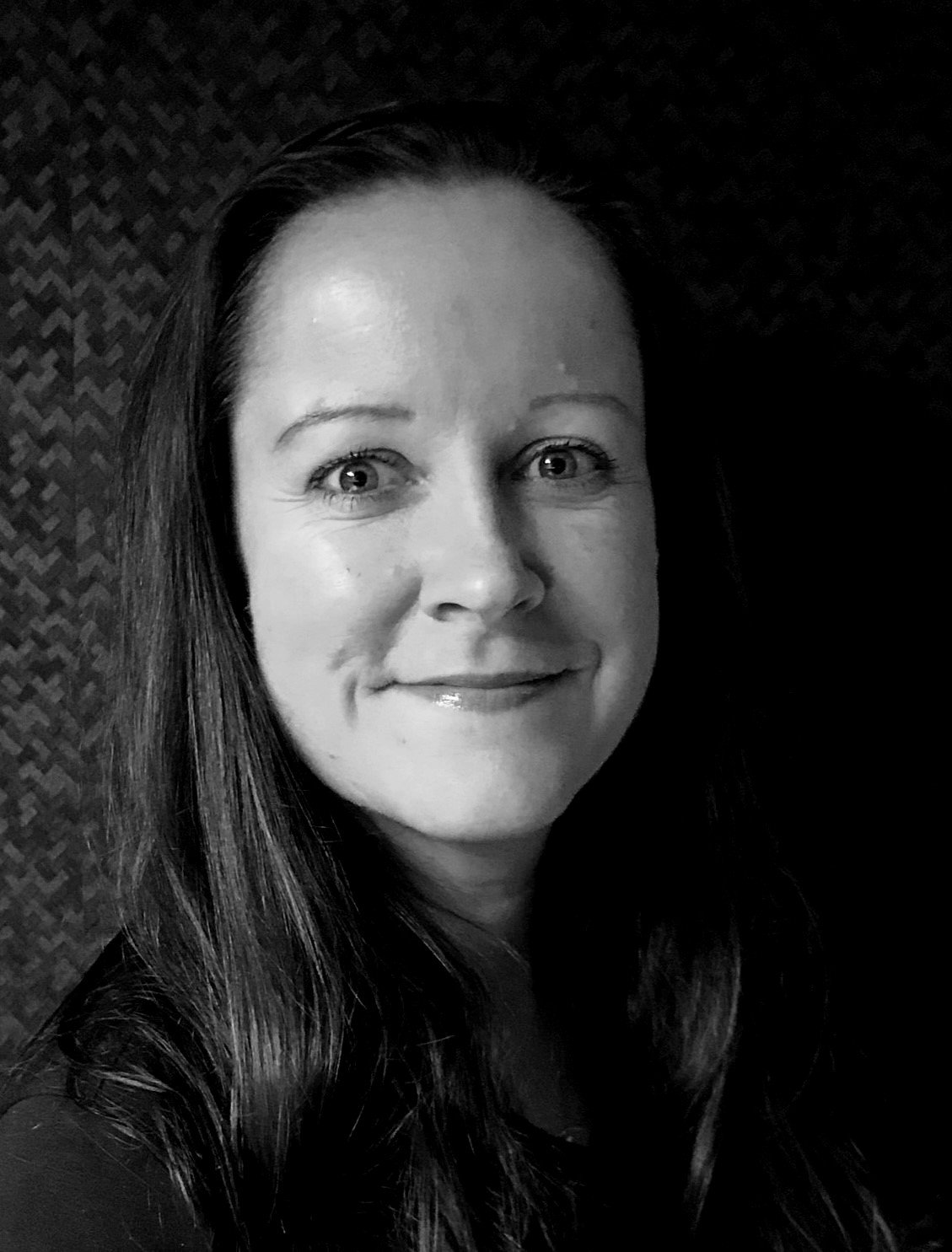
Mette Haaland-Øverby
Oslo Metropolitan University
-

Monika Kamola
University of Stavanger
-

Rakesh Paul
University of Oslo
-
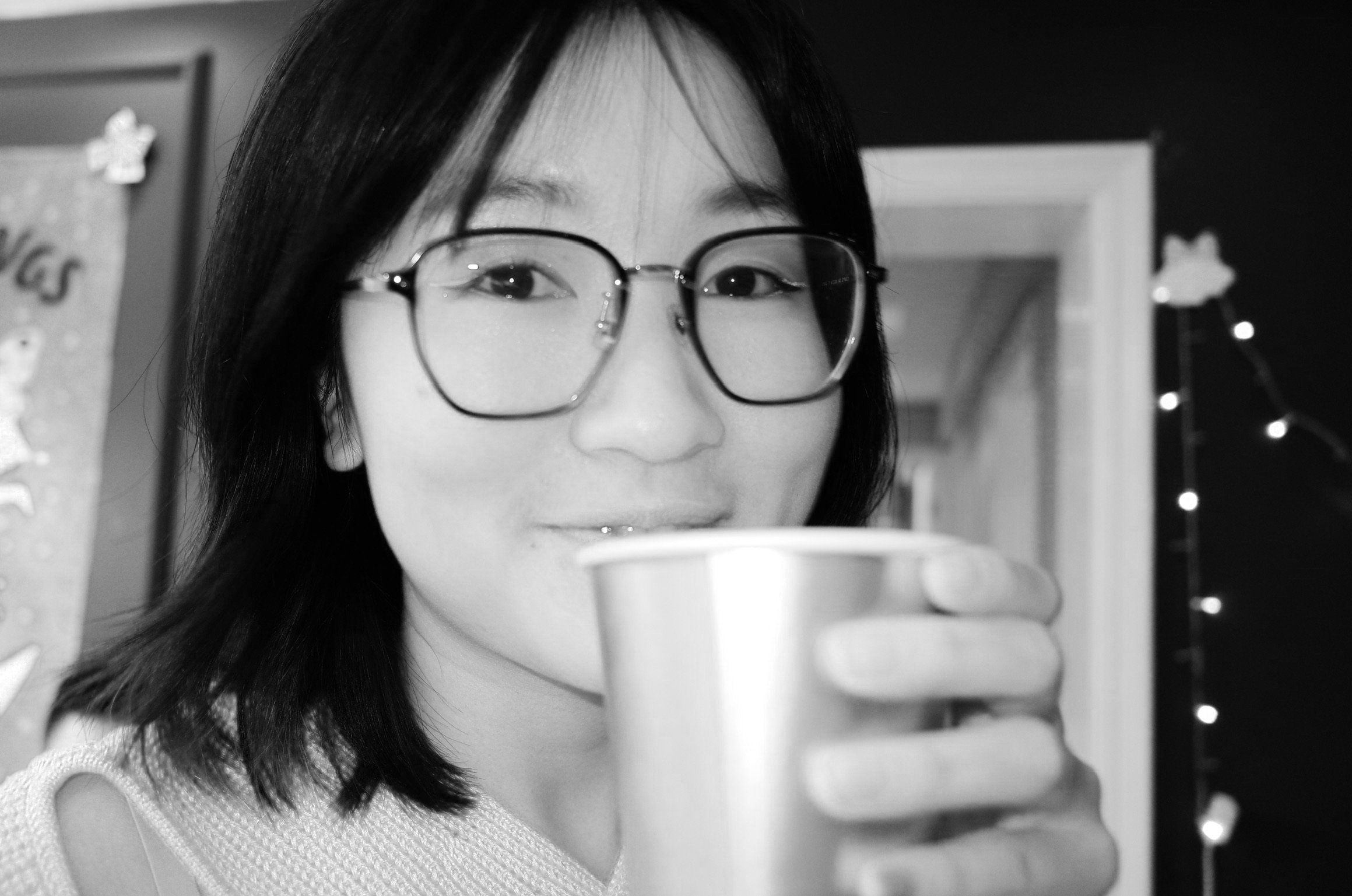
Shan Wang
Norwegian University of Science and Technology
-

Silje Anderdal Bakken
University of Oslo
-

Silvia Ecclesia
Norwegian University of Science and Technology
-

Steinar Mathisen
Oslo Metropolitan University
-

Stian Røsten
Nord University
-

Tanja Knaus
University of Oslo
-

Torjus Solheim Eckhoff
University of Oslo
-
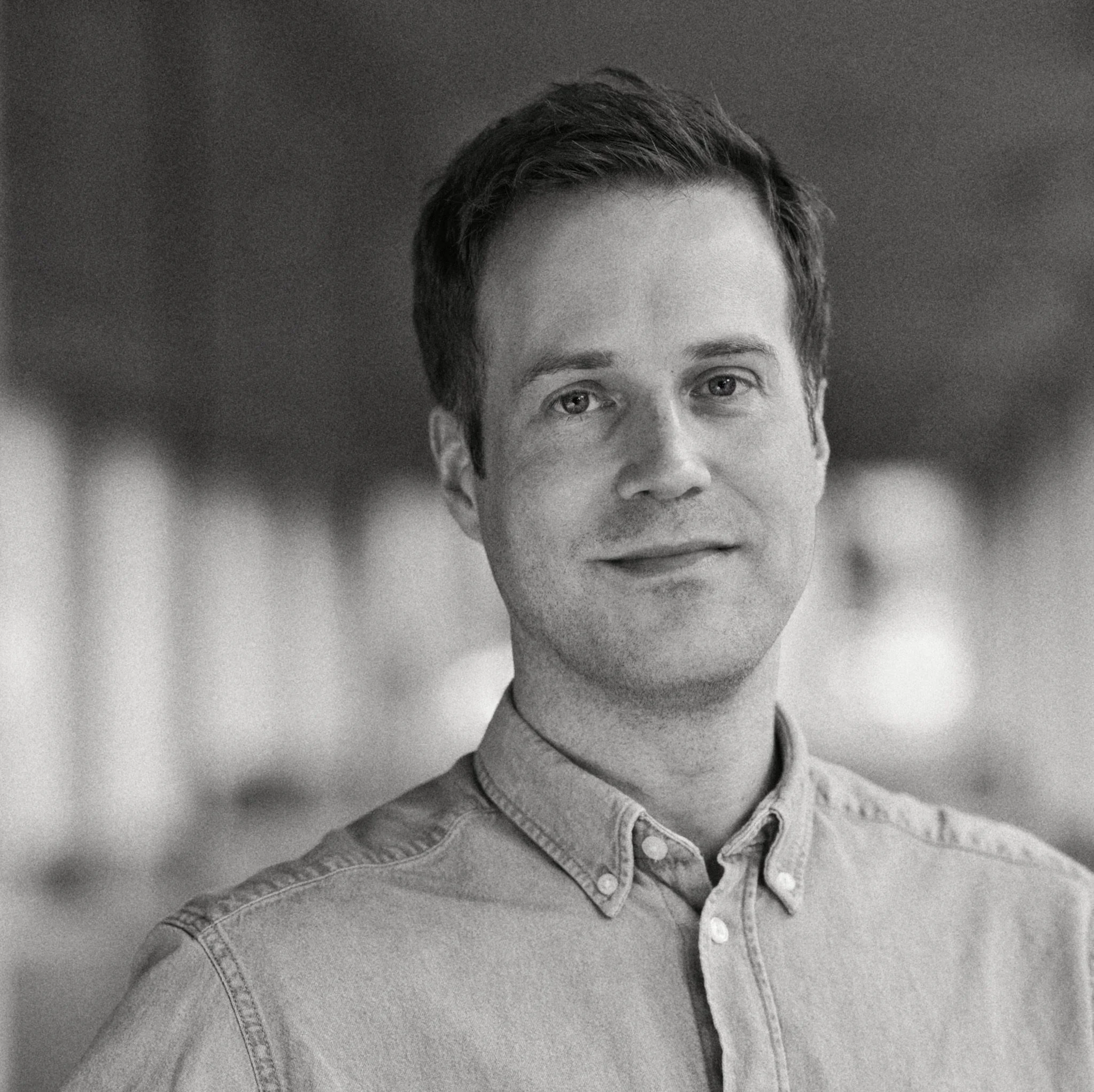
Vidar Bakkeli
Oslo Metropolitan Univeristy
-

Öznur Karakaş
Norwegian University of Science and Technology
As a DIGIT member, you will have the opportunity to attend seminars and lectures at the intersection of digitalization, culture, and society. The two-year program offers writing courses, internship opportunities, professional activities, and networking both within and outside the university environment, nationally and internationally. Most members have an academic background in the social sciences or humanities, but DIGIT also welcomes applicants from other research fields. However, it would be advantageous to explain how the membership and the project are relevant to the School's thematic basis. It is also advantageous to apply for membership at an early stage.

